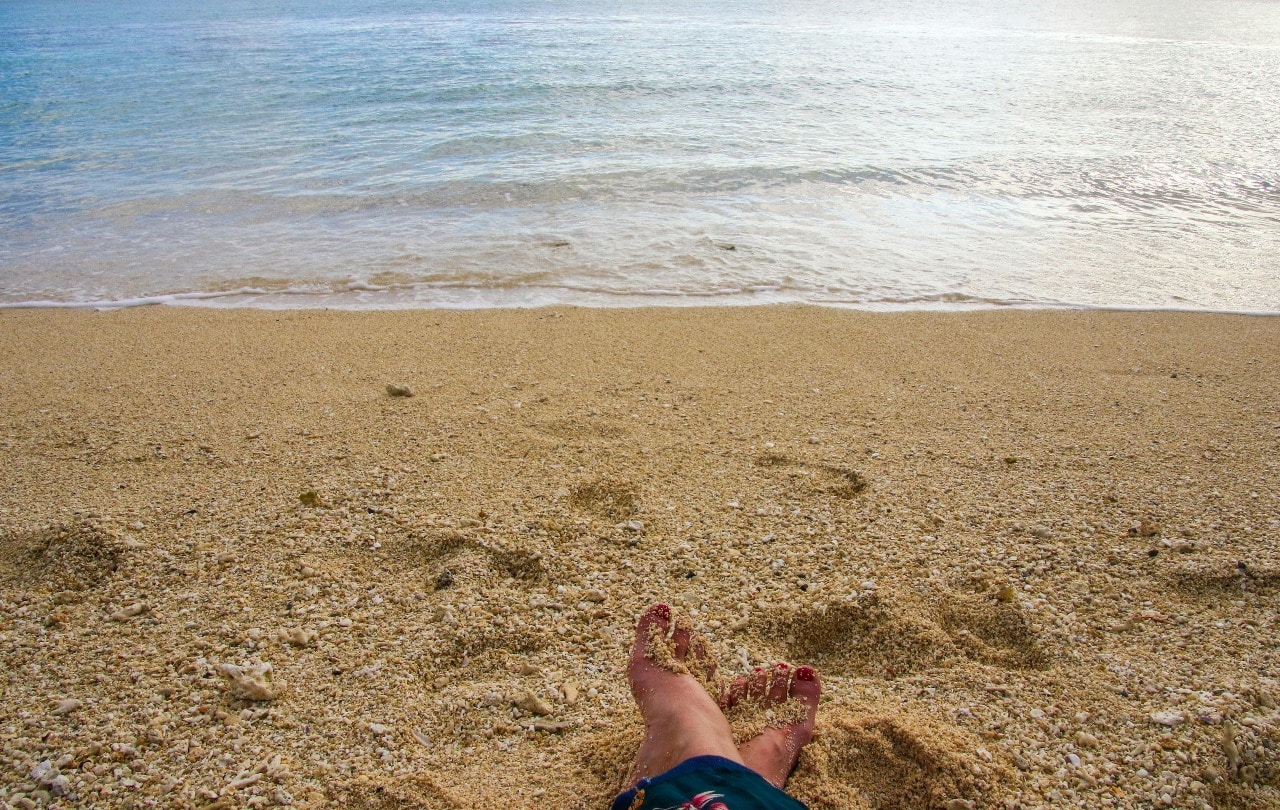Why Consider Living in Mauritius?
Mauritius has long been viewed as a tropical escape, but it’s increasingly being recognized as a strategic base for entrepreneurs, global professionals, and affluent retirees. With a sophisticated Mauritius expat community, advantageous tax laws, and investment-friendly structures, the island offers more than beach bliss—it offers an actionable plan.
Below is an in-depth look at why an increasing number of global citizens are anchoring themselves here.
1. Political and Economic Stability
In a world where geopolitics can derail entire portfolios overnight, Mauritius is an outlier. It has maintained peaceful democratic governance since independence in 1968, and its legal system—rooted in both French civil law and British common law—offers familiarity to international investors.
The country is ranked #2 in Africa for governance by the Mo Ibrahim Index and boasts a consistent GDP growth rate above regional norms. It also ranks high in the Economic Freedom Index. For individuals looking for long-term certainty, this kind of stability is golden. Notably, Mauritius’ independent judiciary and low corruption perception foster an investor-safe climate, making long-term capital deployment far more appealing.
2. Business-Friendly Tax Structure
Mauritius operates a flat tax system—15% for corporate income and a progressive tax on personal income. But dig deeper and the structure becomes even more attractive. Foreign-source income can be partially exempt (up to 80%) under certain circumstances, and there is no capital gains tax, no inheritance tax, and no wealth tax.
The country has 46 Double Taxation Avoidance Agreements (DTAAs) with jurisdictions like France, South Africa, India, and the UK, which simplifies multinational structuring. High-net-worth individuals (HNWI) with international holdings often use Mauritius as a headquarters or holding base to legally optimize their global tax footprint.
If you’re building a family office or an offshore trust, Mauritius is not just an option—it’s an upgrade.
3. Strategic Geographic Location
Mauritius is perfectly positioned as a nexus between Africa, Asia, and the Middle East, with time zones that overlap with both London and Dubai. It’s a 4-hour flight to Johannesburg, 6 hours to Dubai, and 11 to Paris.
The island is a member of SADC, COMESA, and the African Continental Free Trade Area (AfCFTA)—all of which allow Mauritius-based entities preferential access to over 600 million consumers. In a post-COVID world obsessed with supply chain resiliency, this kind of geographic leverage is a significant operational asset.
4. The Mauritius Lifestyle: Safe, Scenic, and Sophisticated
Safety, quality of life, and natural beauty rarely converge so completely.
Mauritius boasts low crime rates, high literacy levels, and a cosmopolitan blend of cultures. English and French are both official languages, and expats routinely cite the Mauritius lifestyle as one of their biggest draws. There are elite international schools, state-of-the-art private hospitals, and upscale leisure options—from championship golf courses to Michelin-level dining.
For families, it offers safety and education. For retirees, comfort and convenience. For entrepreneurs, a calming yet productive backdrop. It’s like living in a postcard, if the postcard had fiber internet and excellent espresso.
5. Residency Pathways Through Investment and Employment
Mauritius has a modern visa framework designed for flexibility and access.
- The Occupation Permit (for investors, professionals, and the self-employed) combines a work and residency permit into one.
- The Retired Non-Citizen Permit allows individuals over 50 to gain residency by transferring USD 1,500/month.
- The Premium Visa offers a one-year renewable permit for remote workers and digital nomads.
- The Property Development Scheme (PDS) allows foreigners to gain residency through real estate investment starting at USD 375,000.
The country also offers 10-year residency permits, a massive advantage for anyone seeking permanence without constant renewal paperwork. Compare that with the visa gymnastics required in most other countries, and Mauritius looks refreshingly efficient.
6. Booming Real Estate Investment Opportunities
Mauritius real estate investment isn’t just about ocean views—it’s about ROI. The market, though regulated, has seen consistent growth, particularly in PDS, IRS (Integrated Resort Scheme), and RES (Real Estate Scheme) zones.
High-end developments in Grand Baie, Tamarin, and Black River have attracted international investors seeking luxury villas, resort residences, and serviced apartments. Yields on rental properties are attractive due to the influx of tourists and digital nomads, while capital appreciation continues on a steady upward curve.
Ownership under the approved schemes grants permanent residency to the buyer and their immediate family, combining lifestyle and legacy planning into a single transaction.
7. Modern Infrastructure and Connectivity
It’s an island, yes—but it’s not a castaway scenario.
Mauritius offers world-class internet (including fiber connectivity), robust mobile coverage, and a modern transport system. The Port Louis business district is equipped for high-tech business services, and the international airport (Sir Seewoosagur Ramgoolam International) connects the island to Dubai, London, Paris, Nairobi, and Mumbai.
In short: Mauritius is island living without isolation. You can host Zoom board meetings in the morning and sip Chamarel rum at sunset.
8. Streamlined Mauritius Relocation Process
Unlike countries where bureaucracy acts like an obstacle course, Mauritius has designed a welcoming system for foreign nationals. The Economic Development Board (EDB) provides concierge-level support for individuals looking to relocate, invest, or launch a business.
The entire process—from document submission to visa approval—can now be completed online via the National E-Licensing System. Timelines are short, requirements are transparent, and the compliance culture is mature.
Whether you’re relocating for retirement or corporate expansion, the system won’t leave you in immigration limbo.
9. Mauritius Expat Jobs and Entrepreneurial Potential
While Mauritius isn’t a sprawling labor market, it has a high-value job ecosystem. The Mauritius job market is strong in ICT, finance, logistics, renewable energy, and hospitality. If you have executive experience or technical expertise, you’ll find demand.
For entrepreneurs, Mauritius is a sandbox for innovation. The government offers incubation programs, startup incentives, and access to African markets. Combine this with political neutrality and low operational costs, and you’ve got a platform for building scalable ventures.
Digital entrepreneurs, fintech companies, and consulting firms have found a sweet spot here: global access with a peaceful local environment.
10. Community, Culture, and Integration
Unlike many exclusive destinations, Mauritius isn’t insular. It’s diverse, multilingual, and quietly cosmopolitan. The Mauritius expat community is active across sectors, from business clubs and industry forums to tennis leagues and sailing groups.
There’s an unspoken elegance in how the island blends Indian, Creole, Chinese, and European cultures. Festivals like Diwali, Chinese New Year, and Cavadee coexist harmoniously. You’ll find gourmet Indian cuisine next to French bakeries and art galleries beside yoga studios.
Integration isn’t just possible—it’s natural.
The Art of Choosing Mauritius
Mauritius is more than a relocation option—it’s a refined decision for those who see the long game. Whether you’re transitioning out of high-stress markets, seeking tax optimization, or looking for a beautiful, safe place to raise your children or retire, the island delivers tangible, structured advantages.
And while the rest of the world reacts to disruption, Mauritius continues to build a future-ready society—quietly, deliberately, and without fuss.

